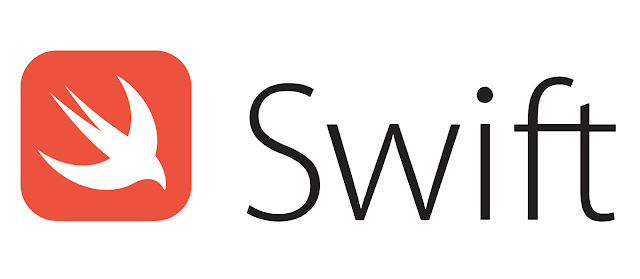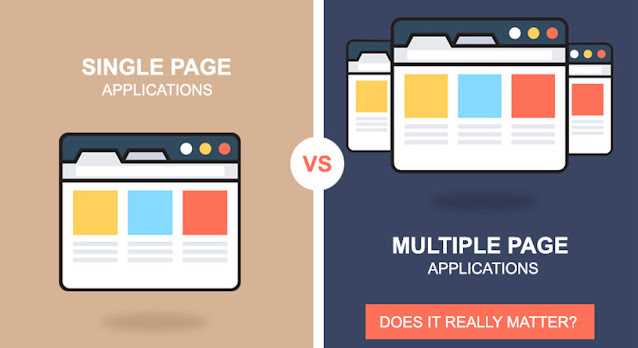Benefits of Using Swift For iOS App Development.
Swift is a general purpose programming language that was developed
by Apple Inc for app development on iOS, iPad OS, watchOS, macOS, and other
Apple Operating Systems.
First launched in 2014, Swift has come up as an alternative to
Objective-C due to its various benefits. For an iPhone app development company,
there are a few important business objectives that Swift helps achieve.
This includes:
·
Faster development, shorter
cycles, and lower development cost.
·
Dynamic library support for
optimized app performance.
·
Improved coding and learning in
the Playground environment
·
Less code and simple functions for
bug fixing.
Swift’s rise in popularity has made the Objective-C vs. Swift
debate reach headlines in the app development world. So let’s analyze the
benefits Swift brings to the app development process and why it’s becoming
popular within iPhone App development companies.
Speedy Development
For Cost-Efficiency
Much like its name, developing
an app using Swift is much faster. This is because Swift has an English like
structure, simple syntax, and involves shorter code length while coding.
For a complex object sort, this
implementation is nearly 4-times faster in Swift
than in Python. It is also faster than Objective-C, which is nearly 3 times faster than the Python
implementation.
This speed advantage is
crucial for an app development company in cost-reduction and shortens the
duration of its app development cycle. This helps them establish a better
business model and deliver projects within the decided time-frame.
Dynamic Library Support For Better App Performance
An App’s optimization is
crucial for its performance. This includes load time, task response time, and
overall interface smoothness.
On that end, Dynamic libraries
play an essential role in improving an app’s performance. They are essentially
chunks of code that are executable and can be linked to an app.
These Dynamic libraries can be
uploaded directly to an app’s memory, which helps with in-app optimization and
leads to smaller file sizes. Dynamic libraries are also not reliant on the OS
for updates while allowing developers to update or change code and recompile it
without recompiling the entire application.
This improves the overall app
quality, which is often hindered by static libraries such as those used in
Objective C.
Playground Environment for Improved Coding
Playground is a development
environment that allows programmers to learn the language and execute it
without having to create an app. It allows them to test new algorithms and
create code chunks to help them improve their swift coding while receiving
constant feedback.
This allows them to quickly
improve their coding speed and accuracy, and the data visualization provided
within the environment helps them with this improvement.
This was Apple’s effort to
ensure that developers can quickly learn Swift in order to make it more
commonplace, accessible, and usable for the future of iPhone app development.
Less Code And Simple Functions For Easier Bug Fixing And Error Management
One of the biggest problems
with code-heavy programming languages is that they are prone to app crashes.
The more the code, the higher the chances of error, and the harder it is to
find mistakes and fix the bugs in the app that leads to a crash.
Swift provides inline support
for the manipulation of data and text strings. In Swift, all you need to do to
join two strings is to use the “+” sign while writing repetitive statements. In
Objective-C, you have to combine them, which makes the code much lengthier.
With Objective-C, there are
many issues that cause app crashes. Swift provides code that is less
error-prone because of its inline support for manipulating text strings and
data. Additionally, classes aren’t divided into two parts; the interface and
the implementation. This cuts the number of files in the project in half, which
makes it much easier to handle.
Furthermore, Swift classes are
not divided into interface and implementation. This helps reduce the number of
files into half, which is easier to handle.
This helps reduce code size,
improve coding accuracy, and helps maintain, test, and fix apps much easier.
Conclusion:
On the business side of things and on the development side of
things, Swift provides incredible value to iOS app developers and app
development companies that develop apps for iOS. Whether it will make
Objective-C obsolete is still a debate that doesn’t have a conclusive answer.
But one thing is certain, the benefits of using Swift outweigh the
benefits of using Objective-C and trends suggest that the industry is moving
favorably towards modern programming languages such as Swift, something that we
also see happening within the Java vs Kotlin
debate.




Comments
Post a Comment